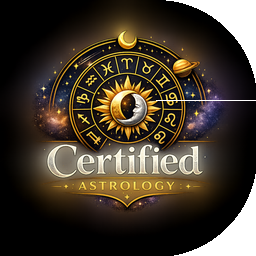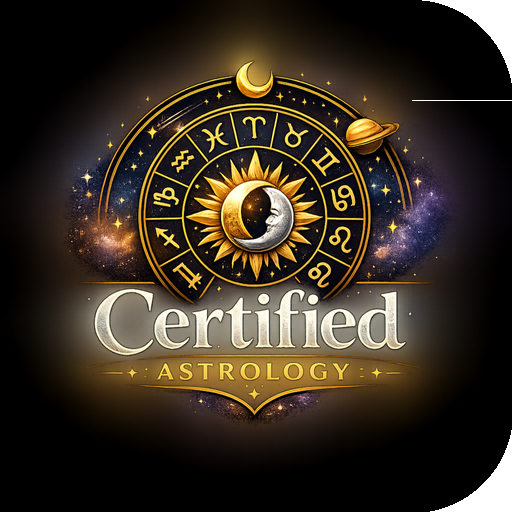Astrological houses play a crucial role in interpreting birth charts and understanding oneself on a deeper level. Each house represents a different aspect of our lives and provides valuable insights into various areas such as personality, relationships, career, and spirituality. In this article, we will explore an introduction to astrological houses, their significance in a birth chart, and a brief overview of the different house systems used throughout history.
What are Astrological Houses?
Astrological houses are a fundamental concept in astrology that divides the birth chart into twelve different sections, each representing a specific aspect of our lives. These houses act as celestial stages where the planets and other astrological points perform their unique roles, influencing our experiences and shaping our character.
Each house is associated with a specific zodiac sign, ruling planet(s), and particular themes or areas of life. By examining the house placement of planets and analyzing their interactions, astrologers gain valuable insights into an individual’s strengths, weaknesses, potential challenges, and opportunities.
The Role of Astrological Houses in a Birth Chart
The birth chart, also known as the natal chart, is a snapshot of the sky at the exact moment of an individual’s birth. It serves as a cosmic blueprint and provides a wealth of information about an individual’s personality, potential, and life experiences.
Each astrological house represents a vital area of life and reveals specific energies and patterns that manifest in different ways. Here is a brief overview of the twelve houses and their associated themes:
- The First House (Ascendant): Represents self-image, appearance, personal identity, and how others perceive you.
- The Second House: Deals with finances, possessions, material wealth, and self-worth.
- The Third House: Governs communication, learning, siblings, short journeys, and intellectual pursuits.
- The Fourth House (IC): Concerns home, family, roots, and the emotional foundation.
- The Fifth House: Connected to creativity, self-expression, romance, children, and joy.
- The Sixth House: Deals with work, health, daily routines, and service to others.
- The Seventh House (Descendant): Represents partnerships, marriage, relationships, and open enemies.
- The Eighth House: Concerns shared resources, intimacy, transformation, and mysteries.
- The Ninth House: Associated with higher education, philosophy, spirituality, long journeys, and expansion.
- The Tenth House (Midheaven): Deals with career, public image, reputation, and life goals.
- The Eleventh House: Connected to friendships, social groups, dreams, aspirations, and collective ideals.
- The Twelfth House: Represents solitude, the subconscious mind, spiritual enlightenment, and hidden enemies.
Different House Systems Used in Astrology
Throughout history, various house systems have been developed to determine how the houses relate to the signs of the zodiac. Here are some of the most commonly used house systems:
1. Placidus: The Placidus house system is widely used and divides the houses based on the ecliptic, the apparent path of the Sun around the Earth.
2. Koch: The Koch house system also employs the ecliptic but focuses on the degree of the Ascendant and equally distributes the houses.
3. Whole Sign: The Whole Sign house system places the entire sign on each house, with the Ascendant representing the first house, regardless of the degree.
4. Equal House: The Equal House system divides the chart into twelve equal sections of 30 degrees each, beginning from the Ascendant.
While there are many other house systems available, these are some of the most widely used systems in astrology. Each system offers unique insights and can provide different perspectives on an individual’s birth chart.
As you delve deeper into astrology and explore birth charts, understanding the significance of astrological houses and the various house systems becomes paramount. These valuable tools enable astrologers to unlock the hidden messages of the birth chart and shed light on the intricate tapestry of an individual’s life.


0 Comments